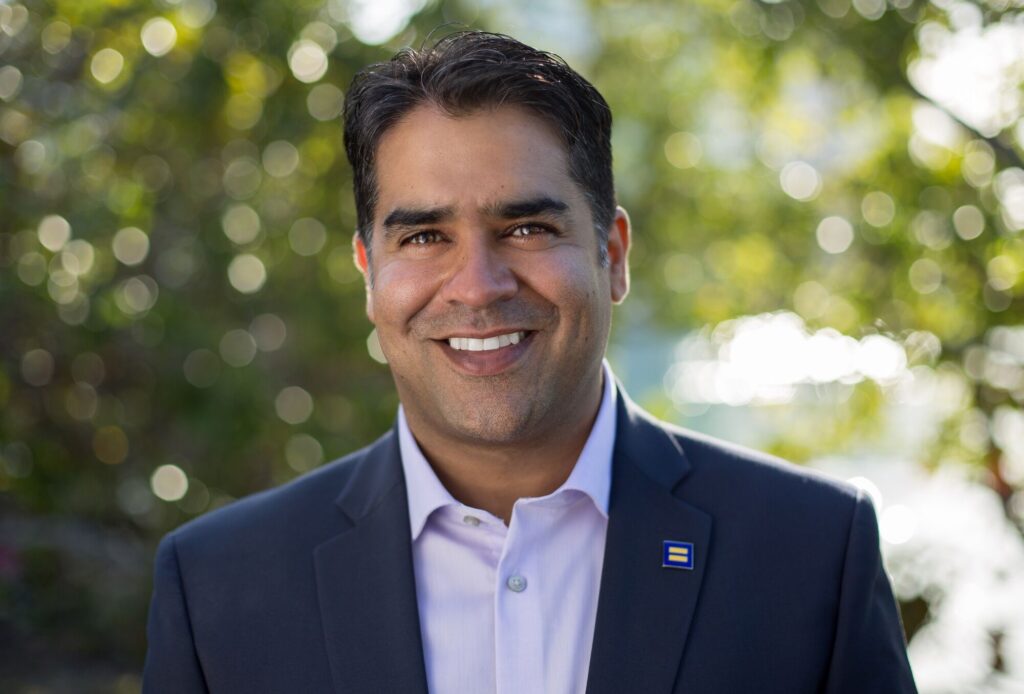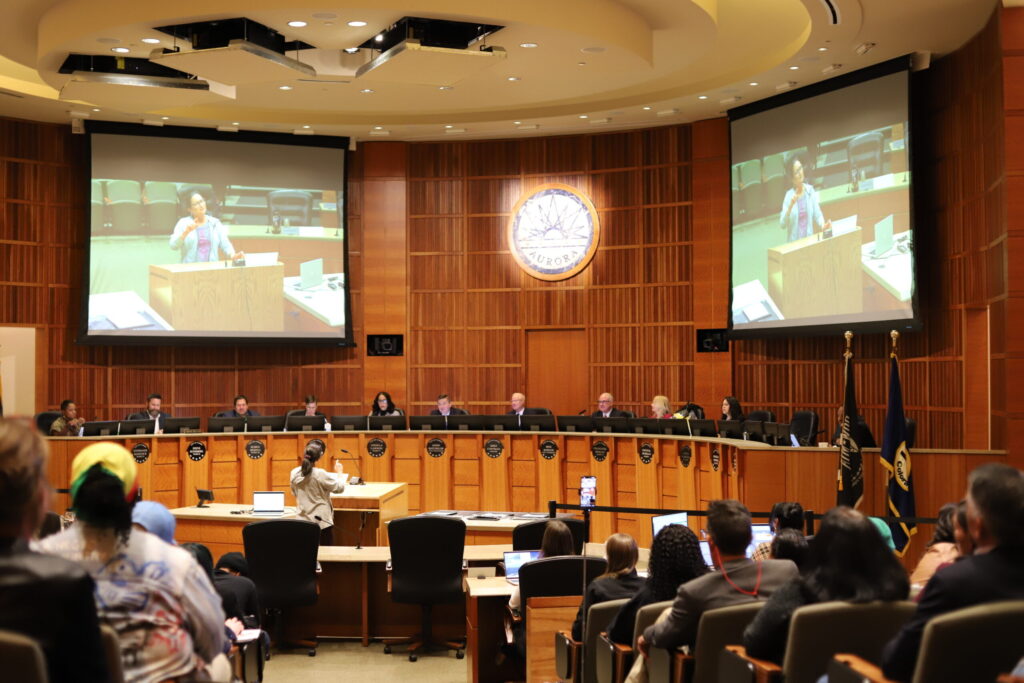Oil and gas industry to work harder on reducing methane emissions, but still lags behind Colorado, expert says
A coalition of some of the nation’s largest natural gas producers announced a new initiative this week to reduce methane and volatile organic compound (VOC) emissions. A handful of Colorado’s top oil and natural gas operators have so far signed up participate in the program, according to a list provided by the American Petroleum Institute. But that might not even be necessary – a major environmental group believes the API’s new initiative will have no effect in Colorado due to the state’s more stringent methane regulations.
The voluntary initiative, led by the American Petroleum Institute, is known as the Environmental Partnership. Under that partnership, which begins on Jan. 1 of next year, 26 major oil and gas companies will voluntarily work to reduce methane and VOC emissions through three programs. Participants can take advantage of one or more of the programs.
In a media call Tuesday, Erik Milito of the American Petroleum Institute told reporters the industry is working to improve its environmental performance. He believes other companies will join in on the initiative.
The oil and natural gas industry is committed to the protection of human health, safety and the environment, Milito said. He noted that natural gas production has increased more than 51 percent since 1990, but methane emissions have dropped 16 percent in the same period. As a result, greenhouse gas emissions are now at at 25 year-lows, he added.
“This partnership will target the greatest sources of emissions, based on data from the Environmental Protection Agency and industry sources,” he said.
Greg Guidry of Shell explained how the API program will work. First, operators will detect and make timely repairs on leaks from oil production and natural gas sources, using improved detection technologies.
Second, operators will replace, remove or retrofit “high-bleed pneumatic controllers,” which Guidry said is a major component of automated well sites. These controllers use gas pressure to control the operation of mechanical devices, and then “bleeds” natural gas into the atmosphere. The controllers are prevalent in the natural gas industry and a major source of methane emissions. Replacing the controllers with low- or zero-emitting devices will lead to reduced methane and VOC emissions, Guidry said.
A third program will minimize emissions from “liquid unloading processes.” He explained that gas production at a well naturally declines over time, and liquids can accumulate in a well, which impedes the flow of natural gas. To remove these liquids and improve the gas flow, operators temporarily divert the liquid to above-ground facilities, and that causes temporary venting of methane into the atmosphere. Under this program, operators will monitor and then close off those diversions as soon as practical, which he claimed would also reduce emissions.
“The industry has a long record of implementing technology and practices that have proven to increase efficiency and reduce the environmental footprint of operations,” said API President Jack Gerard in a statement. “In establishing the Environmental Partnership, the natural gas and oil industry is working together to promote the most effective programs and opportunities to improve environmental performance throughout our operations.”
That drew scoffs from the Environmental Defense Fund and Matt Hudson, the EDF’s associate vice president for climate and energy. He said in the last few months, there have been good examples of what leadership in reducing methane looks like.
“The API program falls well short of these industry-led efforts and doesn’t reflect best practice in reductions or disclosure,” he said. “At a time when API is aggressively putting its full weight into tearing down federal methane rules, this weak initiative does little to show that API is serious about tackling the methane problem.”
But for Colorado, the program might not even matter, Watson told Colorado Politics. That’s because the state’s oil and natural gas operators are already implementing a far more robust program under state methane regulations, he said. The API program will do nothing for Colorado, and not much anywhere else, either, he said, adding that the EDF believes the new programs would only reduce methane and VOC emissions by less than one percent nationwide.
“There’s a real contrast between what Colorado operators and what the Colorado Oil and Gas Association support” versus the API program, Watson explained. “Colorado is out in front of the game. API has a lot to learn from Colorado and has yet to learn it.”
Colorado is among 14 states and the District of Columbia that sued the Environmental Protection Agency last June, seeking to force implementation of EPA rules that would reduce methane emissions and other harmful air pollutants produced from oil and gas facilities. A week later, a federal appeals court blocked EPA administrator Scott Pruitt from delaying implementation of those rules, a delay supported by the American Petroleum Institute.
In 2014, Colorado became the first state in the nation to adopt its own rules regarding methane emissions, with support from three of the state’s largest oil and gas industry operators: Anadarko, Noble Energy and Encana. Under those rules, oil and gas operators are required to detect and fix leaks, and to install equipment to capture 95 percent of methane and VOC emissions.













